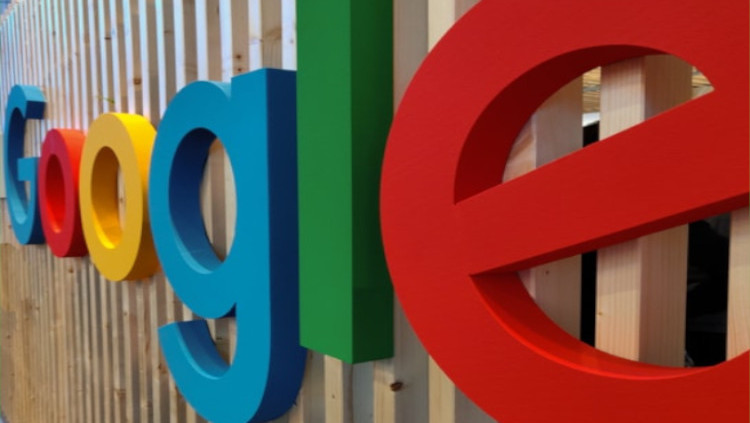
The March 2024 core update refined Google’s ranking system, evolving how the search engine identifies – and boosts – helpful content versus content designed to attract clicks. Work on the “helpful content system” began in 2022, and was updated fully by March 2024.
NB: This is an article from Travelboom
Subscribe to our weekly newsletter and stay up to date
This gave Google’s ranking system a variety of signals to rate the helpfulness of content so users are served informative, useful web pages first, thus improving their search experience.
Key Changes and Focus Areas
According to Google, the March 2024 core update was designed to reduce the volume of unhelpful, irrelevant, and unoriginal content on search engine results pages (SERPs). This update has focused on two areas – site content and spam. If you’ve followed our tips and trends for hotel SEO that call for helpful, people-first content, you have a good start on meeting Google’s current standards. Along with content parameters, the core update included revised spam policies to address the increasingly sophisticated, targeted approaches some marketers are taking to deceive search engines. The spam policies were designed to rally against these bad practices:
- Expired Domain Abuse: An example of this would be purchasing an expired domain, such as a hair care site, and repurposing it to promote an unrelated product or service, like a cruise line, using the reputation of the old domain to manipulate search rankings.
- Scaled Content Abuse: Scaling content refers to creating and publishing large volumes of unoriginal content that is of little value to searchers to manipulate search rankings.
- Site Reputation Abuse: This involves publishing third-party pages without first-party oversight or involvement to manipulate search rankings, such as a chiropractor’s site hosting a coupon page from a sports drink site to attract clicks.
Impacts on Search Results
The core update in March of this year originally aimed at removing 40% of low-quality websites from search results. Now that it is complete, 45% of web pages deemed as subpar have been removed or demoted on the SERPs. Hoteliers who have been creating content for people (rather than search engines), and that offers helpful travel tips, event updates, and other guest-centric information, should see minimal negative impacts. Those who have been relying on machine-generated content or focused solely on satisfying keyword quotas may need to review, and in some instances, remove content to avoid negative rankings.




